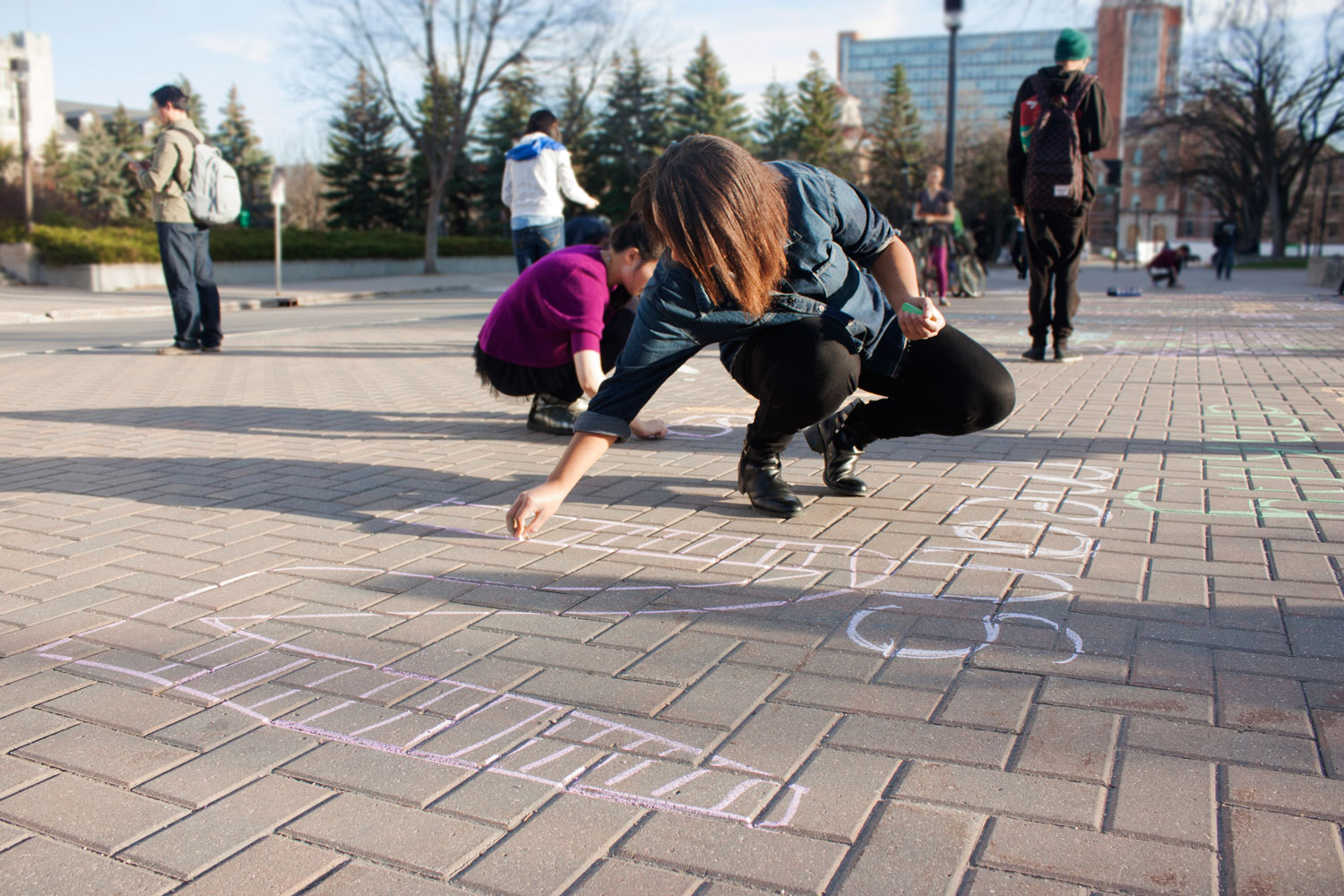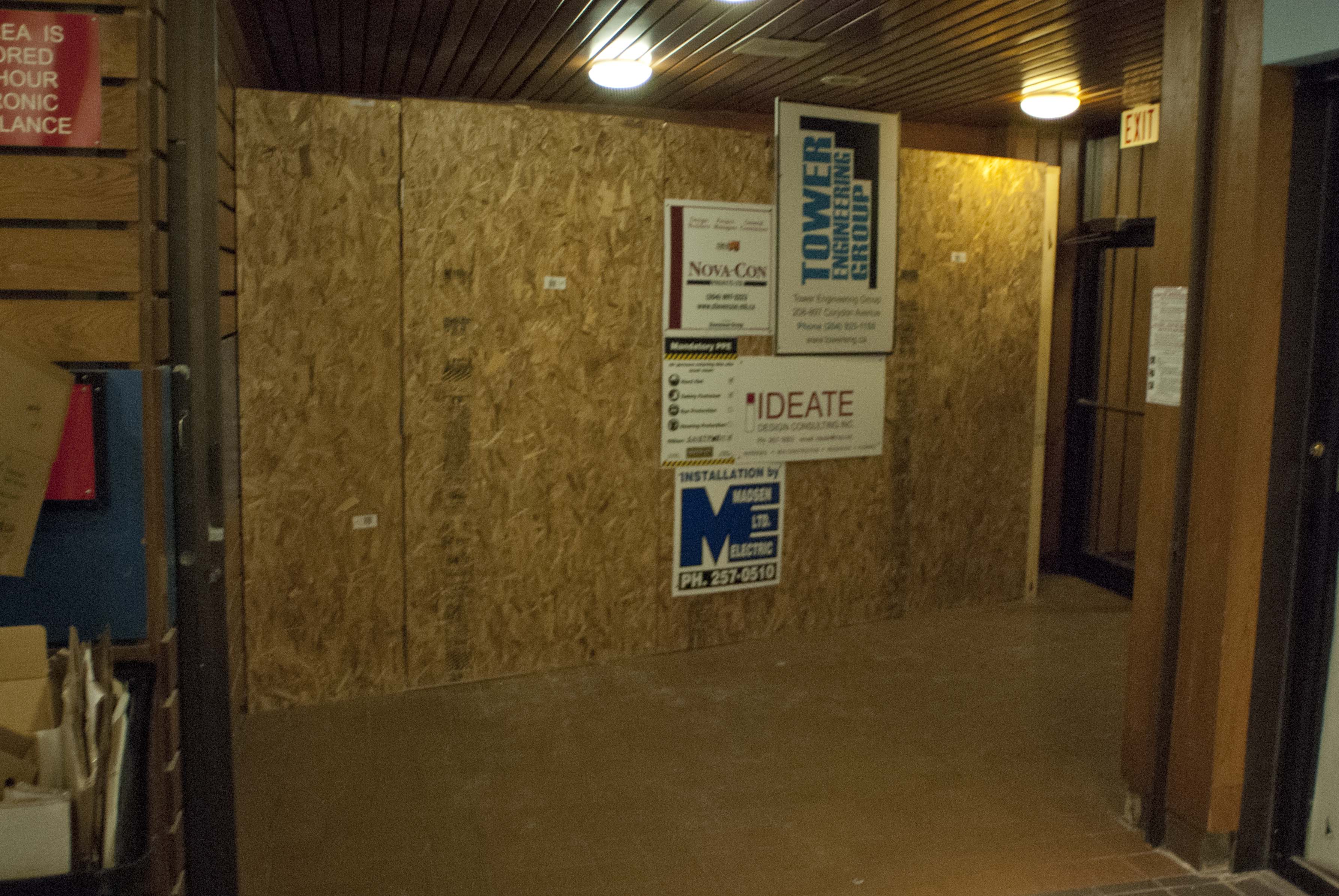In the last few months, multiple articles and letters to the editor in the Manitoban have discussed the meaning and limitations of freedom of speech and expression in a university environment.
Although this can quickly become a highly political conversation, I want to try to talk today not about contemporary events but about one of the reasons why I enjoy being a graduate student in the history department (I promise this departure will make sense in a minute).
Growing up, my parents and extended family always encouraged me to participate in their conversations about local, national and international politics. We talked about everything from the Iraq War to abortion access, from the issues behind a local labour action to the legalization of cannabis.
These discussions around the dining room table and during family gatherings informed my initial interest in history and my appreciation for debate. Throughout these discussions, I was always free to speak my mind in an environment where adults maintained my physical safety.
However, this never shielded me from being challenged on the merits of my argument, feeling embarrassed when I got something wrong, angry when someone didn’t listen to my points or sad if others thought my ideas were weak. Although my feelings may have occasionally gotten hurt, I was always safe.
Though a classroom discussion is very different than one with family, parallels can be drawn. In the undergraduate and graduate history seminars I have attended, my professors have worked to create environments that allow students to speak their minds while remaining physically safe.
This does not mean that students will not be challenged on their views or the merits of their arguments. As students, we are in university to be challenged. We should be free to speak our minds and express ourselves while knowing that we may come under criticism for those views and expressions and that our position as students at this university won’t be jeopardized in the process.
How are we as students to grow and learn if the expression of an idea, be it controversial, offensive or unwise, will result in administrative action?
Students are the least protected constituency on any university campus. Although we do have student unions, their comparative strength, bargaining power and ability to confer rights to an individual member is limited in comparison to faculty and staff unions and the central administration.
The U of M’s Respectful Work and Learning Environment Policy, phrases the discussion of expression and academic freedom in the negative, including the expressions “does not condone,” “prohibits” and “does not detract.”
Constructed with the noble goal to create an environment “free from discrimination and harassment,” the use of this adverse language also serves to limit other forms of speech and expression.
Where is the U of M’s policy that supports my freedom of expression and speech as a student? Where is the policy that says, “Yes, you are completely ill-informed and opened your mouth anyways. You can still come to class next week?” Where is the policy that says that students are allowed to grow and learn and become productive members of society in an environment that does not seek to banish when they get something wrong?
Though the U of M provides a physically safe space for me to learn and study, until the university approves a positive policy statement ensuring my rights as a student to express my ideas and be challenged on them, my Instagram account will remain rather silent. Is censorship and self-censorship what the university is determined to promote?





